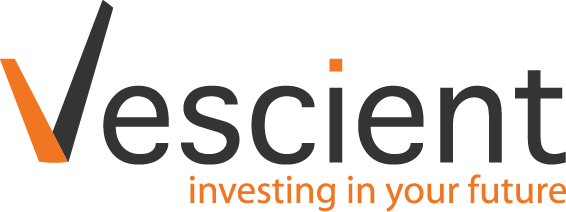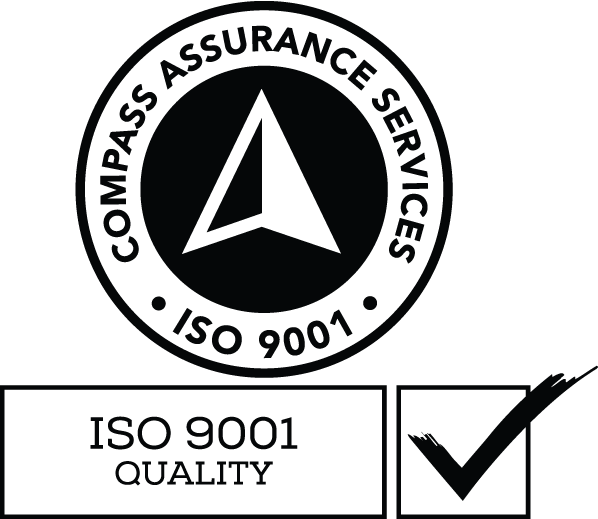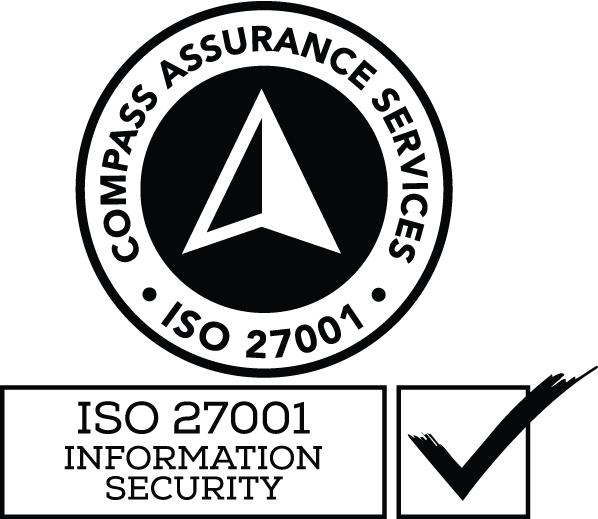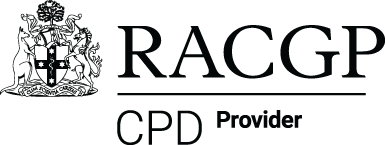Business Intelligence - are you ready for the future?
We have a problem with Intelligence! In our experience the word “Intelligence” is an often misused term. Mainly we hear it being used to mean “information”; “data” or “business intelligence reports”. So what? We hear you say – What’s the big deal about intelligence anyway? Isn’t that just the stuff for police, defence forces and spies?
Well, we think intelligence is important, because intelligence is the critical backbone of business – of strategy, decisions, actions and results. True business intelligence needs a purpose – a question that needs answering, direction, planning, collection, analysis, communication, and feedback. “Information” and “data” are not intelligence, but they could be inputs to support the development of intelligence, by humans, to fulfill a knowledge gap; a gap that comes from our need to appreciate a situation with action in mind.
The reality is that intelligence is the basis of all decisions – either decisions made in the absence of it or decisions made with the benefit of it. It is the collaboration, federation, and logical analysis of information to enable the development of interpreted possible outcomes. Of course, there is a degree of discipline required, and an understanding of some principles and processes in order to make the process efficient and effective. Ironically business is the continual process of decision making, yet so few understand a simple intelligence cycle. The performance benefits that businesses achieve from good decision support can be staggering. Which is why we invest internally in development and refinement of our own intelligence capability, because it is good for our business and the business of our clients.
The Vescient team recently completed detailed design and delivery of a Government project to improve intelligence-led resilience of governments, businesses and communities from the impacts of natural hazards. The central tenet of this new intelligence capability is understanding and supporting the effects that emergency management decision makers need to achieve – that is the business of our Government client and of their partners.
The new intelligence capability brings structure and support to answering the many unknowns faced by emergency practitioners over long-term, mid-term and immediate decision horizons. This enables efficient use of scarce resources prioritised to achieve the most effective outcomes for our communities – but it doesn’t guarantee effective outcomes – Intelligence is not a panacea of all that is not well in the world – that still depends on good collective and coordinated decision making. Fit for purpose intelligence simply makes that possible.
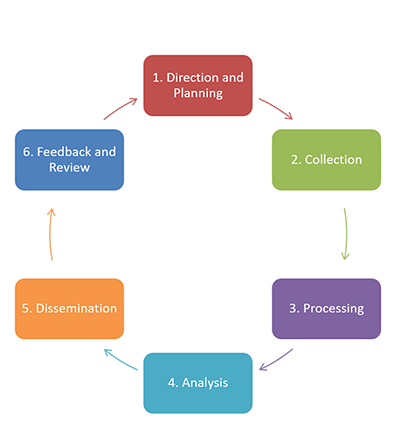
How did we do it? We listened to the needs of our client – of course! But we also took a systems thinking approach – An intelligence-led organisation is a learning organisation, and one that needs a team of teams (thank you Stanley McChrystal) to succeed. We listened to the needs of our clients’ customers, partners, industry and suppliers. We designed the organisation and selected people on merit. We also ensured all of the information and data needed to inform the intelligence development process will be aligned and connected over time with a solution architecture design direction – that will take some time so we established a roadmap for our client to continue developing its information systems, assets, governance and doctrine as the team of teams proved the value of being intelligence-led and were ready for further change.
This new comprehensive approach to developing intelligence capability represents future leading practice in decision support to all governments, businesses, and communities. For our client, this means an improved ability to do their business – which is to enhance resilience to natural hazard emergencies in our community before, during and after events, ultimately improving our way of life.
Our detailed design process was informed by many sources, including: our client’s existing conceptual design; the knowledge, experience, and enthusiasm of our client’s team; leading intelligence and decision-making practices from across Australia and internationally; and our own Vescient team’s extensive experience in business, military, criminal, humanitarian, and security operations. The result – a fit for purpose baseline for a multi-agency collaborative emergency management intelligence capability. We didn’t do it alone though – Implementing a new capability in any organisation offers many challenges, it takes skill and effort from the Top Floor to the Shop Floor.
Design and delivery of the project involved collaboration of no less than 6 service providers, 10 government agencies, and many associations. Together we agreed a governance framework, completed detailed capability design and delivered an integrated implementation approach in the time required, and that could be matured over time. We aligned our change management strategy and technical design approach with recognised practice, such as Corporate Governance, Service Design, Enterprise and Solution Architecture, Organisational Development, Fundamental Inputs to Capability, and Program Management, and we focused on building a strong foundation from which all parties could learn through experience and develop the capability over time.
Key elements of the project were:
- Outcomes focused project planning
- Integrated solution design – business, information, application, infrastructure layers – phased for implementation
- Stakeholder mapping and engagement
- Change impact assessment and communications
- Action planning and tracking
- Education, training, and coaching
- Executive and workforce transition
- Business continuity planning
- Benefits realisation planning
- Lessons Learned to inform future phases
- Future Design Direction – to inform subsequent maturing of the capability
- Business Case for future capability development phases
The intelligence capability that our client has established is set to be world-leading among emergency management agencies and partners, many of whom so willingly contributed their knowledge and experience to inform this comprehensive and exciting intelligence capability.
Delivery of this capability project reinforces our Vescient team’s ability to partner with our clients, both industry and government, to deliver innovative and sustainable strategic change, and to meet their most challenging decision-support and performance needs.
Reflecting on this example, how do you know what headwinds your business is facing in the short-term, mid-term, long-term, if you don’t have an intelligence process that supports your decisions and actions?
